
The Cashless Revolution
China's Reinvention of Money and the End of America's Domination of Finance and Technology
Recommendation
China’s economic rise has proven rapid, messy and – in the case of its fintech sector – downright revolutionary. Belying its stereotype as the world’s sweatshop, China has now become the global leader in financial technology, scholar Martin Chorzempa notes in this intriguing report. Not long ago, few Chinese citizens used credit cards or owned stocks. But Chinese tech companies, led by Alibaba and Tencent, smelled opportunity, and today cash has virtually disappeared from China’s economy. Yet as China moves further into authoritarianism, Chorzempa highlights, the lack of financial privacy has real impacts on individuals who fall out of favor.
Summary
About the Author
Martin Chorzempa is a senior fellow at the Peterson Institute for International Economics. A graduate of the Harvard Kennedy School of Government with a master's degree in public administration and international development, he conducted research in China from 2013 to 2015.









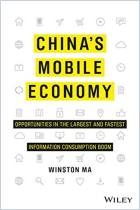
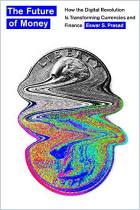
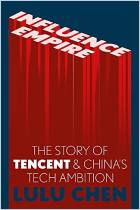
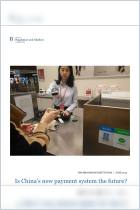

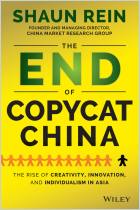
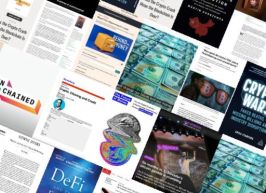



Comment on this summary